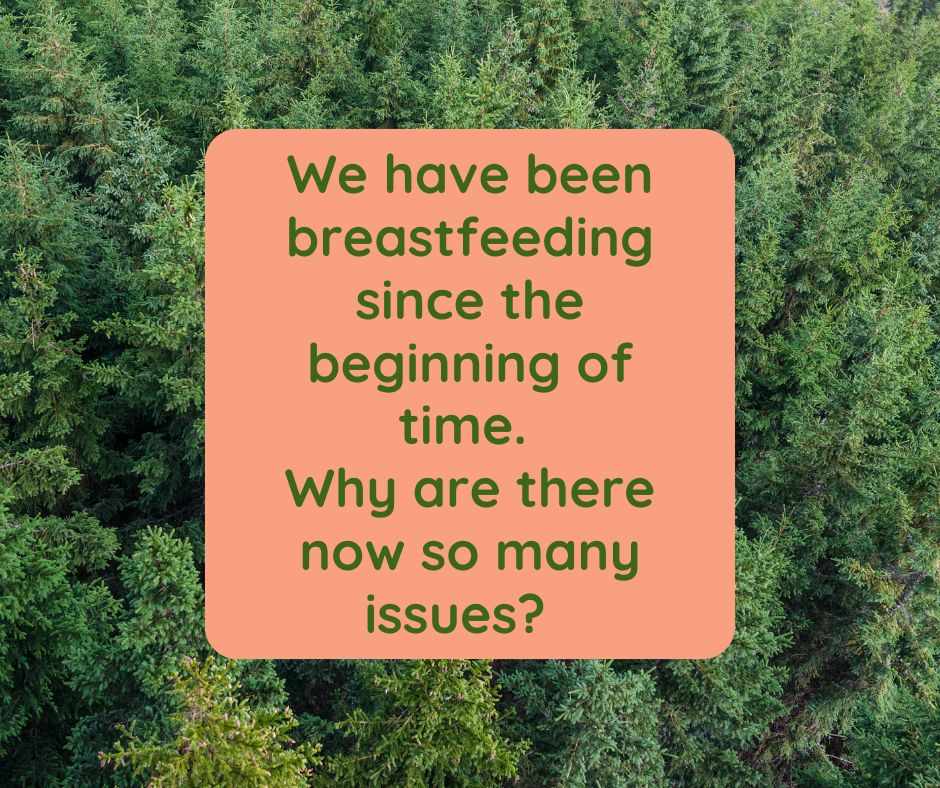Understanding Tongue Tie: More Than Meets the Eye On my intake form I often receive a comment such as:"My midwife said my baby has a slight tongue tie” or “the pediatrician said there is small tongue tie but it nothing to worry about.” Let's dive into this topic and explore why tongue tie is more than just a visual examination of the tongue and why it requires proper attention. What do we even mean when we say Tongue Tie? This is where the tissue connecting the tongue to the floor of the mouth (lingual frenulum) is shorter or tighter than usual. This can restrict the movement of the tongue, potentially causing difficulties with breastfeeding and other oral functions. It can restrict motion in more than one direction - not just out. Some babies may have a tongue tie where the frenulum restricts the tongue's movement significantly and it is very obvious visually. Others may have a tongue tie where the restriction is less pronounced. This is likely why people say “slight tongue tie.” When it comes to breastfeeding we need to do a functional assessment. While a visual examination of the tongue can provide some initial insights, it's not the sole determining factor. The impact of tongue tie on breastfeeding can vary from baby to baby, and it's essential to consider other factors such as latch, milk transfer, and maternal comfort. If you suspect that your baby's tongue tie is affecting breastfeeding, it's crucial to seek guidance from a lactation consultant experienced in assessing and treating tongue tie. They will evaluate your baby's feeding patterns, observe the latch, and consider other factors to determine the best course of action. The goal of an assessment is to identify concerns that are presenting and/or being created. From there a plan to improve those aspects of breastfeeding and ensure both mom and baby are comfortable and thriving can be created. This plan can range from actions to improve intake and heal any trauma the breast/nipple has sustained and treatment. Not doing so results in babies who are not growing as expected, low milk supply and maternal pain amongst other concerns. If you've been told that your baby is "just a little tongue tied," it means that there may be some degree of restriction in tongue movement, but it may not be severe enough to cause significant breastfeeding challenges or it may not be presenting concerns YET. However, it's always worth seeking professional guidance to ensure optimal breastfeeding success. This also helps to understand why I say no concerns YET. Breastfeeding changes so much in the early days & weeks that it is not uncommon to see a tongue tie that was not causing any issues at 2 days does cause issues at 2 weeks. Tongue ties undoubtably have an impact on breastfeeding and it is important to seek proper evaluation and support. By doing so you can be empowered to navigate breastfeeding with confidence. The Beauty and Challenges of Breastfeeding: |
Kim Smith
|

 RSS Feed
RSS Feed
